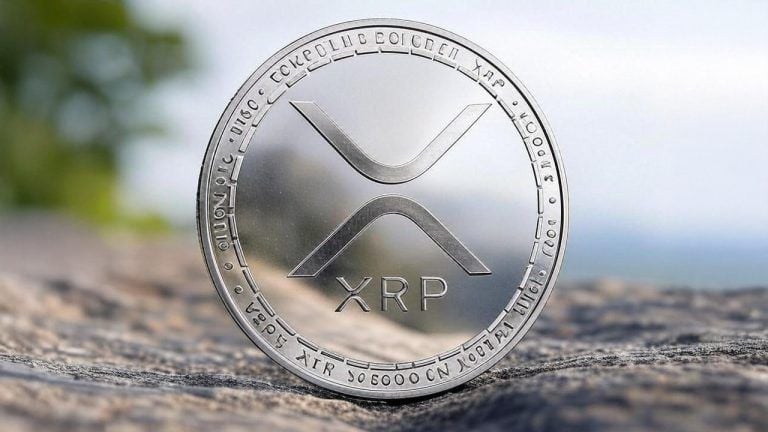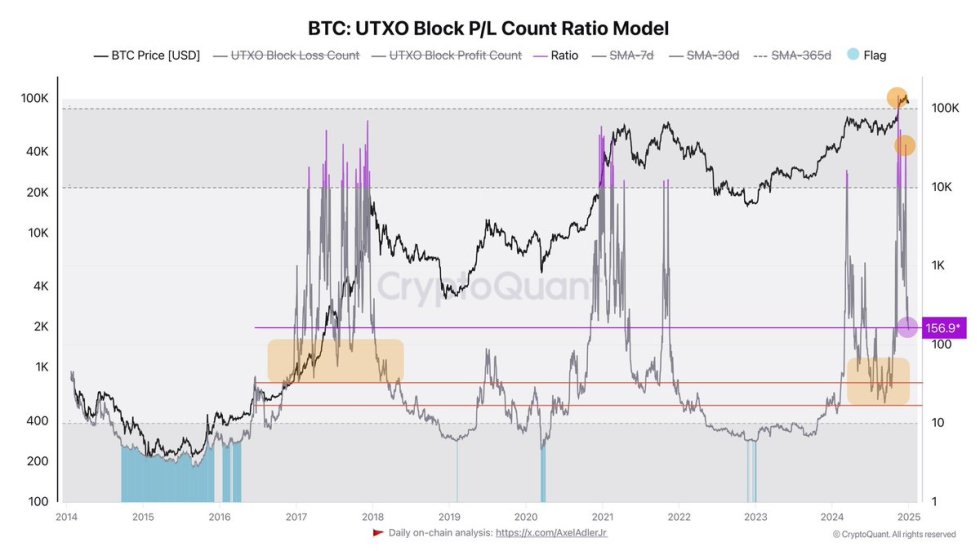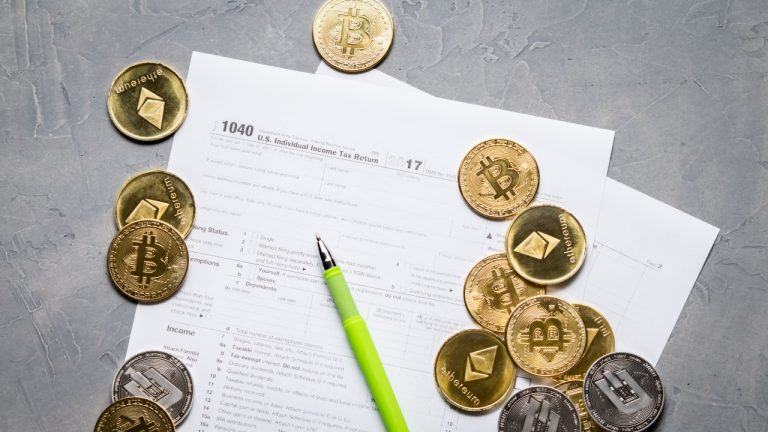EDIT: I'm not going to get into who Jared is as an individual. It's vile and disgusting. I'm merely showing you how his MEV bot works from a very basic standpoint.
We've all seen the recent post mentioning how he's the biggest has spender on ETH atm. Currently having spent $70M while we peasants work in the fiat mines to stack stats.
He may or may not be a genius, but he certainly is doing something right. Jared uses a MEV bot (Miner Extractable Value) bot that is designed to analyze blockchain transactions and exploit opportunities to extract value or profit from them. MEV bots are often associated with decentralized finance (DeFi) platforms and blockchain networks like Ethereum.
MEV bots can perform various actions, such as frontrunning, sandwich attacks, and arbitrage, to take advantage of price discrepancies, liquidations, or other trading opportunities on the blockchain. They aim to maximize profits by executing transactions ahead of other users, sometimes at the expense of fairness in the decentralized ecosystem.
So what's the catch? Why can you learn to code and start your own MEV bot?? You most certainly can! HOWEVER, there's a lot more to it than what we can see in the surface. You'll need:
Technical Knowledge: You need a solid understanding of blockchain technology, smart contracts, and the specific blockchain network you intend to operate on, such as Ethereum.
Hardware and Infrastructure: MEV bots require powerful hardware, including high-performance servers or cloud computing resources, to process transactions quickly and efficiently. Stable internet connectivity is essential for real-time monitoring and execution.
Software Development Skills: You should be proficient in programming languages commonly used in blockchain development, such as Solidity (for Ethereum) or Rust (for Polkadot). MEV bots are typically custom-coded to suit specific strategies.
Access to Blockchain Data: MEV bots need access to blockchain data, including real-time transaction information, mempool data, and block data. This data can be obtained through APIs or by running your own Ethereum node.
Transaction Monitoring: MEV bots continuously monitor the blockchain for specific transaction opportunities, such as arbitrage opportunities or liquidity provisioning. This involves setting up efficient monitoring and filtering mechanisms.
Smart Contract Interactions: MEV bots interact with smart contracts on the blockchain to execute trades, swaps, or other transactions. They need to handle gas fees, transaction signing, and nonce management.
Risk Management: You must implement risk management strategies to avoid substantial losses. MEV is a high-risk endeavor, and volatile markets can lead to significant financial exposure.
Capital: You'll need capital to fund the transactions and trades executed by your MEV bot. This capital serves as collateral and liquidity for your strategies.
Security Measures: MEV bots operate in a competitive and potentially adversarial environment. Implement robust security measures to protect your bot from hacks, exploits, or unauthorized access.
Compliance: Depending on your jurisdiction and the nature of your operations, you may need to consider legal and regulatory compliance, especially in the context of financial services.
So you think you have the chops to do it? Here's an example of some samole code that goes into running a MEV (pardon my formatting Reddit mobile isn't so friendly)
import time from web3 import Web3 from etherscan import Etherscan
Initialize Web3 connection to an Ethereum node
w3 = Web3(Web3.HTTPProvider('https://mainnet.infura.io/v3/YOUR_INFURA_API_KEY'))
Initialize Etherscan API for transaction data
etherscan = Etherscan(YOUR_ETHERSCAN_API_KEY)
Define your wallet address and private key (for signing transactions)
wallet_address = 'YOUR_WALLET_ADDRESS' private_key = 'YOUR_PRIVATE_KEY'
Define the token pairs and DEXs you want to monitor
token_pair = { 'token1': '0xToken1Address', 'token2': '0xToken2Address' }
while True: try: # Check for pending transactions in the mempool pending_transactions = w3.eth.pendingTransactions
for tx in pending_transactions: # Check if the pending transaction is a swap between token1 and token2 if tx.to.lower() == token_pair['token1'].lower(): # Get transaction details from Etherscan tx_details = etherscan.get_transaction(tx.hash.hex()) # Extract relevant data like gas price, sender, receiver, etc. gas_price = tx_details['gasPrice'] sender = tx_details['from'] receiver = tx_details['to'] # Calculate potential arbitrage opportunity based on gas fees, prices, etc. # Execute arbitrage trade if conditions are met if YOUR_CONDITIONS_MET: # Build and sign the arbitrage transaction transaction = { 'to': 'DEX_ADDRESS', 'value': 0, 'gasPrice': gas_price, 'gas': YOUR_GAS_LIMIT, 'nonce': w3.eth.getTransactionCount(sender), } signed_tx = w3.eth.account.signTransaction(transaction, private_key) # Send the arbitrage transaction tx_hash = w3.eth.sendRawTransaction(signed_tx.rawTransaction) print(f"Arbitrage opportunity found. Transaction hash: {tx_hash.hex()}") # Wait for some time before checking again time.sleep(YOUR_POLLING_INTERVAL) except Exception as e: print(f"Error: {str(e)}") This code provides a simplified framework for a MEV bot that monitors pending transactions on the Ethereum blockchain and checks for arbitrage opportunities between two tokens on decentralized exchanges (DEXs). It uses the Web3 library for Ethereum interaction and the Etherscan API for transaction data retrieval.
And there you have it folks! You too can be like JaredFromSubway. Just make sure your bot isn't eaten by his bot.
[link] [comments]

You can get bonuses upto $100 FREE BONUS when you:
💰 Install these recommended apps:
💲 SocialGood - 100% Crypto Back on Everyday Shopping
💲 xPortal - The DeFi For The Next Billion
💲 CryptoTab Browser - Lightweight, fast, and ready to mine!
💰 Register on these recommended exchanges:
🟡 Binance🟡 Bitfinex🟡 Bitmart🟡 Bittrex🟡 Bitget
🟡 CoinEx🟡 Crypto.com🟡 Gate.io🟡 Huobi🟡 Kucoin.




















Comments